The new Ghost overflow has been released and Reef Savvy has given us the tour. We have been watching its development for months for we are going to install this on our dream tank. Here is the video on it we made at MACNA 2013 in Florida.
Ghost Overflow
Cool Jelly Fish Tank
This little tank is awesome and we just saw it at MACNA 2013.
Cost is about $1400-1500 and this would look great in our office area.
We are here, at MACNA 2013
We have arrived at MACNA 2013, looking forward to meeting everyone and having a wonderful time reporting what we will see.
Keep you posted with pics and videos to come of the highlights. The speaker lineup is also great and any info we can get on the reef tanks we love we will be passing on to you all.
Good article on creating your own DIY rock
We think that the hobby in general is really working hard to change itself from the rob the reef to the create a reef. These guys with this article are right on track. Check it out – it’s well written and has a great DIY angle to it on how we can make our own rock.
Pre-soaking saves on phosphate headaches
Our latest thoughts on how to prevent phosphate issues. We recommend pre-soaking your rocks. =)
Zeolites
We are using and trialing “Zeovit” lately here and we think this might be a great thing for our dream tank. Questions have arised as to what are the zeolites and here is what we have learned via “ZEOCEM.com”
“Zeolite is a natural mineral with exceptional physical properties resulting from its special crystalline structure. Over millions of years, there has been exposure to high temperatures and pressure on layers of volcanic ash that established the physical and chemical change, which created a diverse group of zeolites, including the Clinoptilolite.
During the development of the earth, nature has left us a precious gift – clinoptilolite. It is a natural mineral with exceptional physical properties resulting from its special crystal structure.
Over millions of years, the layers of volcanic ash were exposed to high temperatures and pressures and this established the physical and chemical change which created a diverse group of zeolites, including the clinoptilolite. Clinoptilolite belongs to a large zeolite group called heulandite.
Structure
The structure of clinoptilolite consists of three-dimensional grid which consists of Silicate tetrahedrite (SiO4) 4 – each interconnected via oxygen atoms; the atoms of silicon is replaced by aluminum (AlO4) 5-way, creating a characteristic spatial structure with a significant incidence of cavities, interconnected by channels, in which metal cations, or water molecules are stored. The total volume of these cavities is 24 to 32%.
Applications
Clinoptilolite is widely used in agriculture, livestock farming, construction, environmental protection, cleaning water and gases and in various industrial uses.
Clinoptilolite can capture the substance of solid, liquid and gas phase in its large internal adsorption surface. The dimensions of the channels are large enough to enable molecule as big as few tenth of a nanometer scale to penetrate, while small enough not to capture large complex molecules such as amino acids, vitamins and other biological macromolecules. The Grid of clinoptilolite acts as a selective adsorbtion sieve that some molecules escaped and others not. Extensive possibilities of zeolites are mainly due to the
specific physicochemical properties:
● high ion exchange selectivity
● reversible hydration and dehydration
● high gas sorption capacity
● high termostability
● resistance to aggressive media
Reversible hydration and dehydration – one of the steps in the processing clinoptilolite in the plant ZEOCEM, a.s. Bystré is drying at 400 oC. During drying it comes to the removal of free and bound water from the crystal grid, which is then counterbalanced back in contact with materials such as stored grain and feed, pet litter, in flue gas to prevent condensation and the like. Clinoptilolite stabilize moisture at a low dose of volume and avoid the adverse effects of water.
ion exchange – grid structure allows clinoptilolite to operate as Ion exchanger and as a selective adsorbent. Adsorbtion and exchange of ions depends on their charge and size. The more the size of the ion matches the size of the entering grid of clinoptilolite, the easier it will be captured and kept. Entry pore diameter is approximately 4 angstrom, which corresponds to the average ammonium ions NH4 +, H2O, Cs134 and Cs137.  These compounds exhibit the greatest affinity to bind to clinoptilolite, which operates as a selective adsorbent for a wide range of pollutants.
These compounds exhibit the greatest affinity to bind to clinoptilolite, which operates as a selective adsorbent for a wide range of pollutants.
adsorbtion – clinoptilolite adsorbes:
-Ammonia
-Heavy metals
-Radionuclides
-Odor gases
-water
This info is all available to see at the site below, this is great info to start to use to understand hte zeolites and how they work in such a cool system like ours, http://www.zeocem.com/images/stories/download/Zeocem_GB.pdf
We found a good video on picking out LEDs
We found a good video on picking out LEDs, this one really keeps it simple and usable for beginners.
We like Metal Halides but they are heat generators and they suck up power in watts that add to the aquarium bill. T5’s we like for they don’t get hot and surely use less power but for us they fail to keep par output longer then a year and then occur yearly expense buying fresh new bulbs and dealing with disposal. Hence we do come and say we favor high end LED’s that are market and proven. For us it’s AI Vegas but for you it might be different. Check out this good video and see what you think. Any comments feel free to contact us here or at facebook.com/reefdvms
New and better pH probe
Lab grade probes are now available at BRS, we really appreciate good USA MADE equipment and this just that, check them out they are the best.
Wow this is scary, they were almost eaten
Wow the video here seems funny but it is really amazing how lucky these divers were. If they had been a little more to the left a very large whale feeding on fish may have accidentally eaten them in one swipe. Nature can sure impress. Careful on the dives everyone.

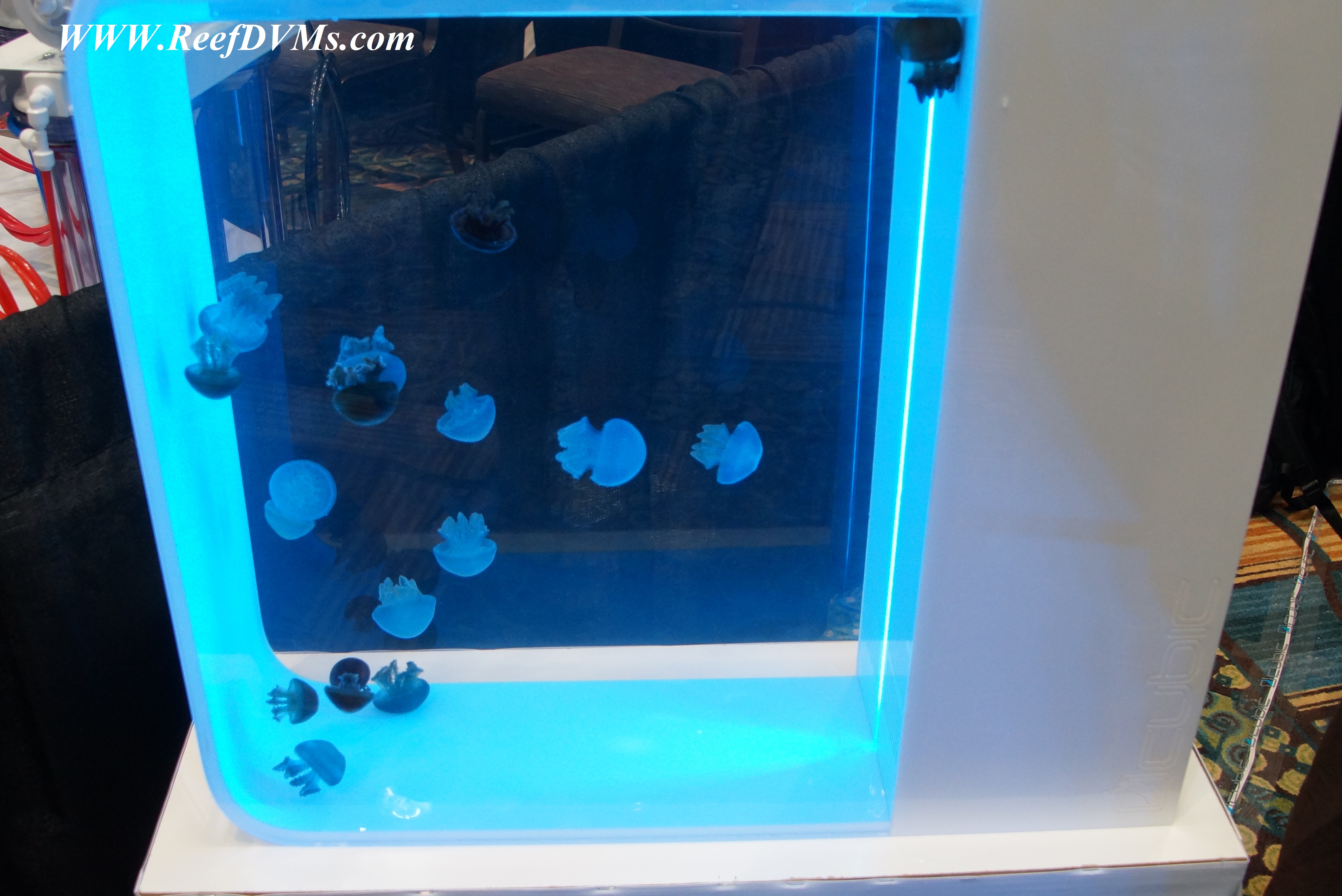
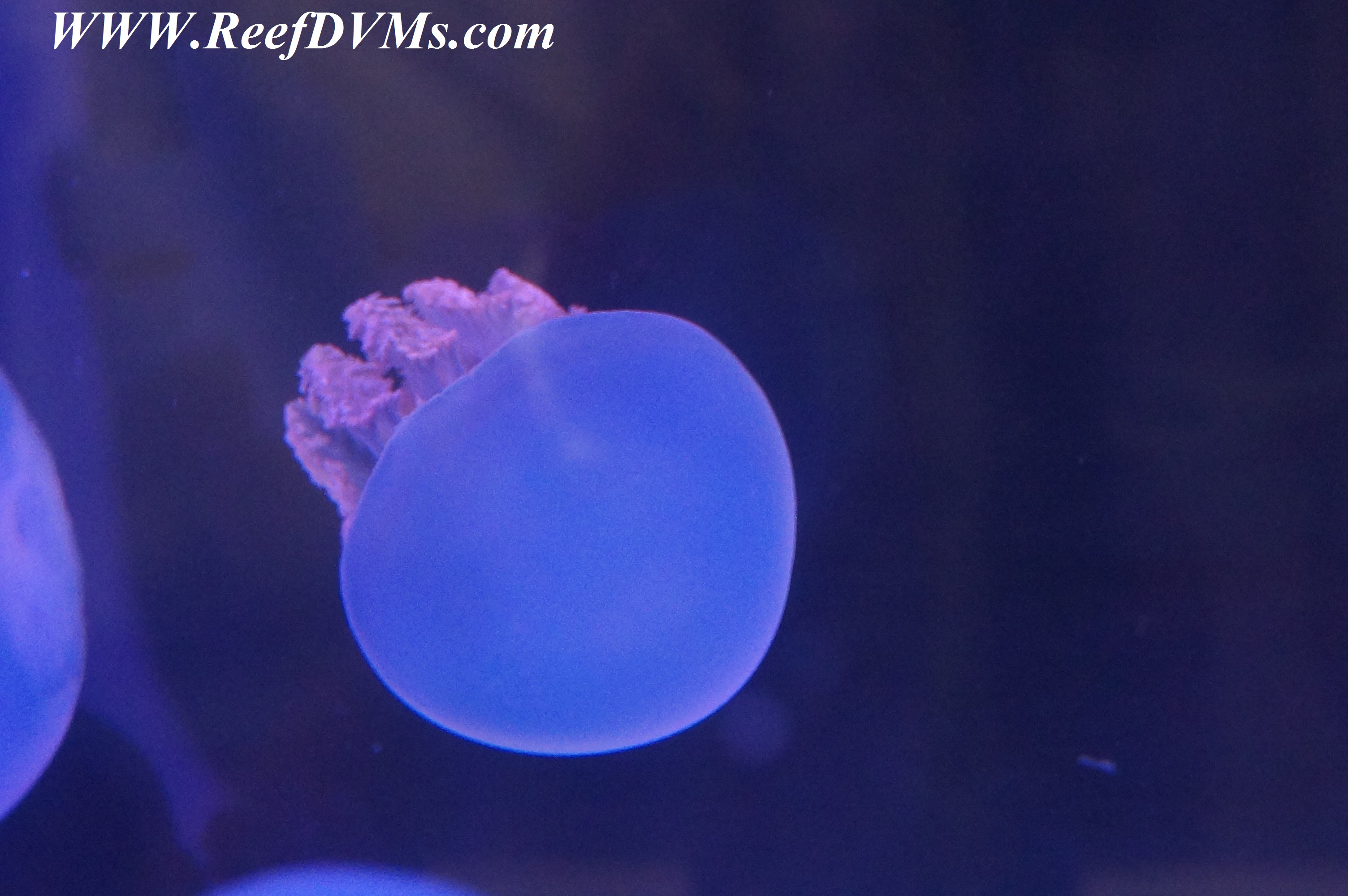
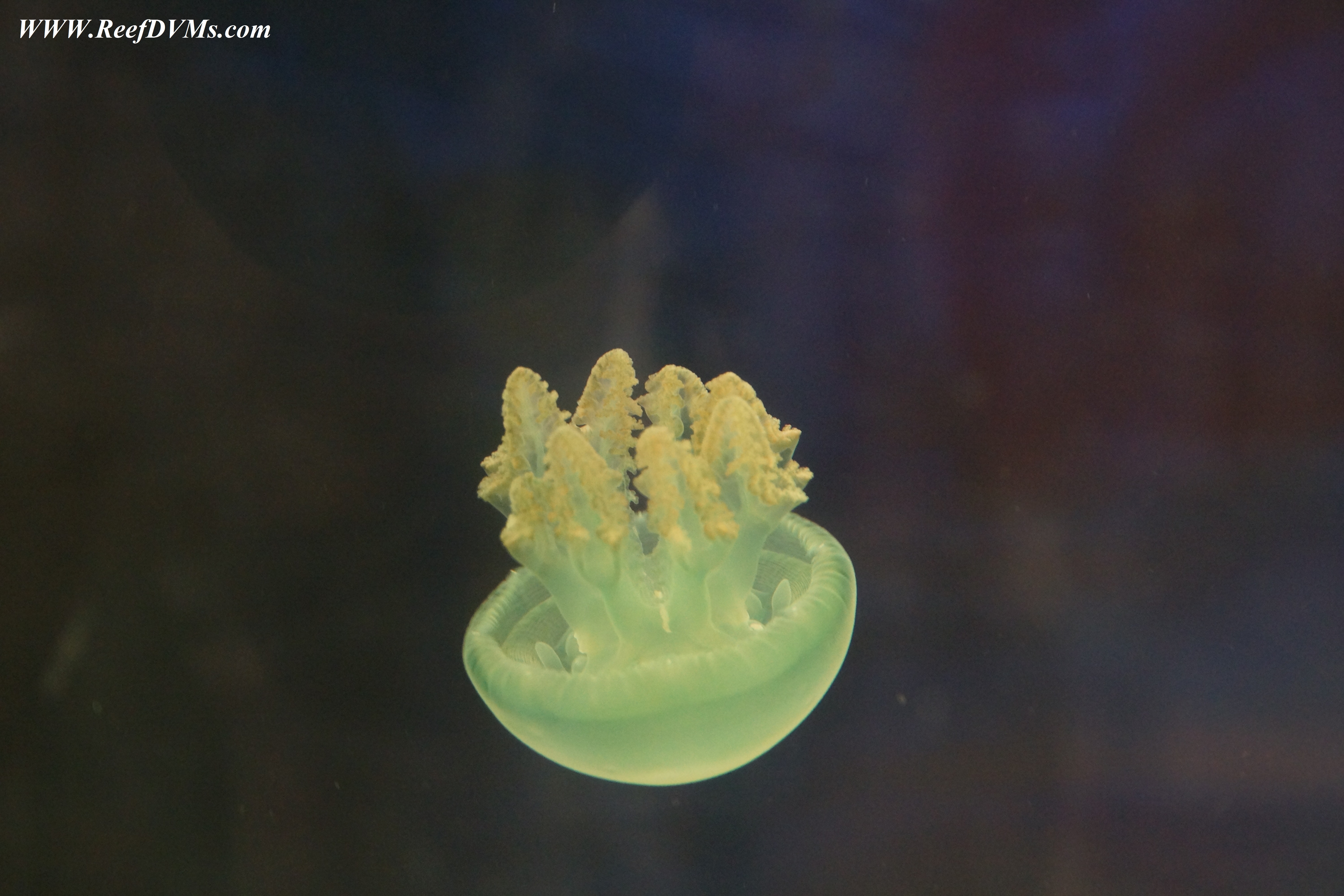
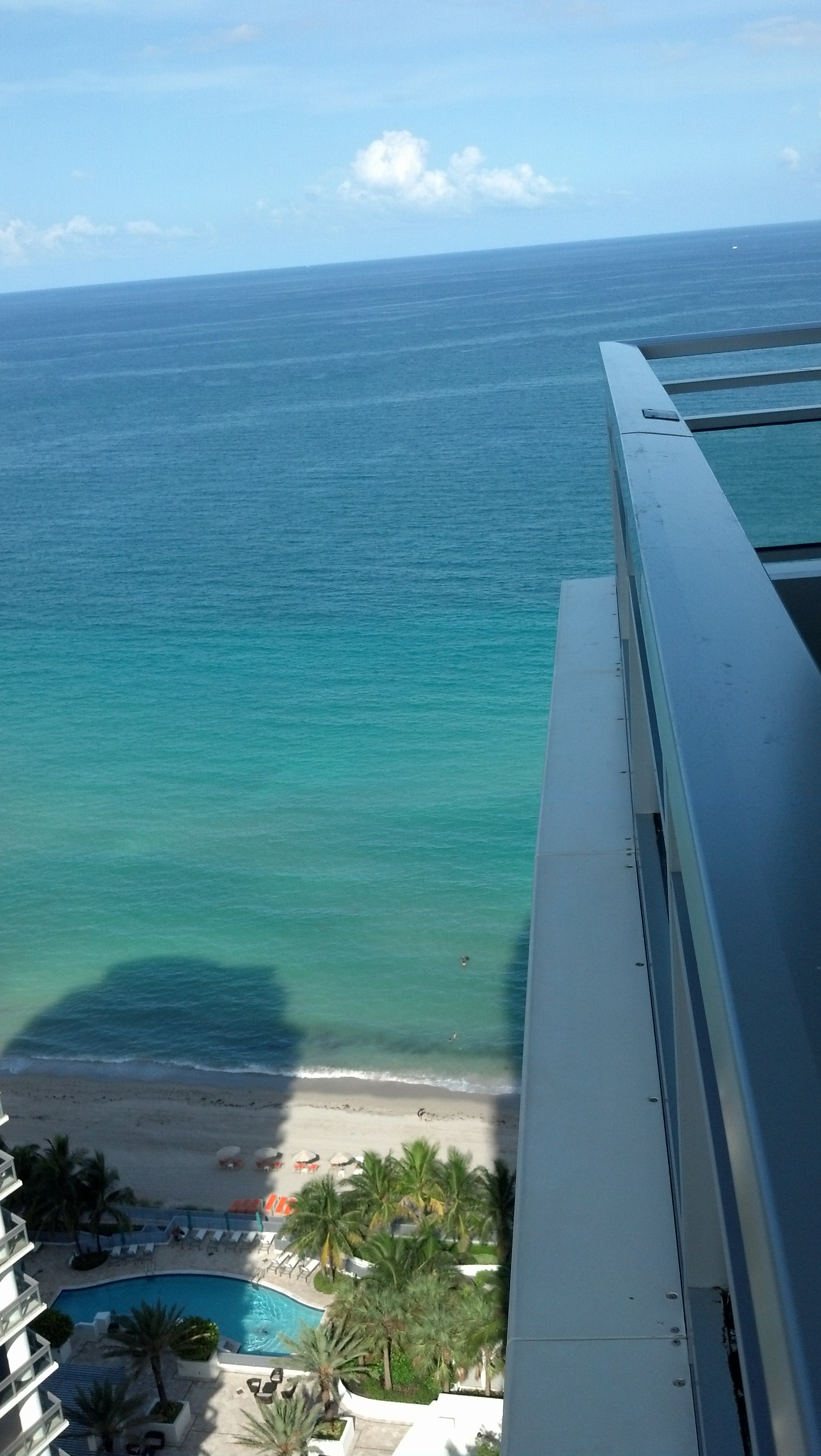
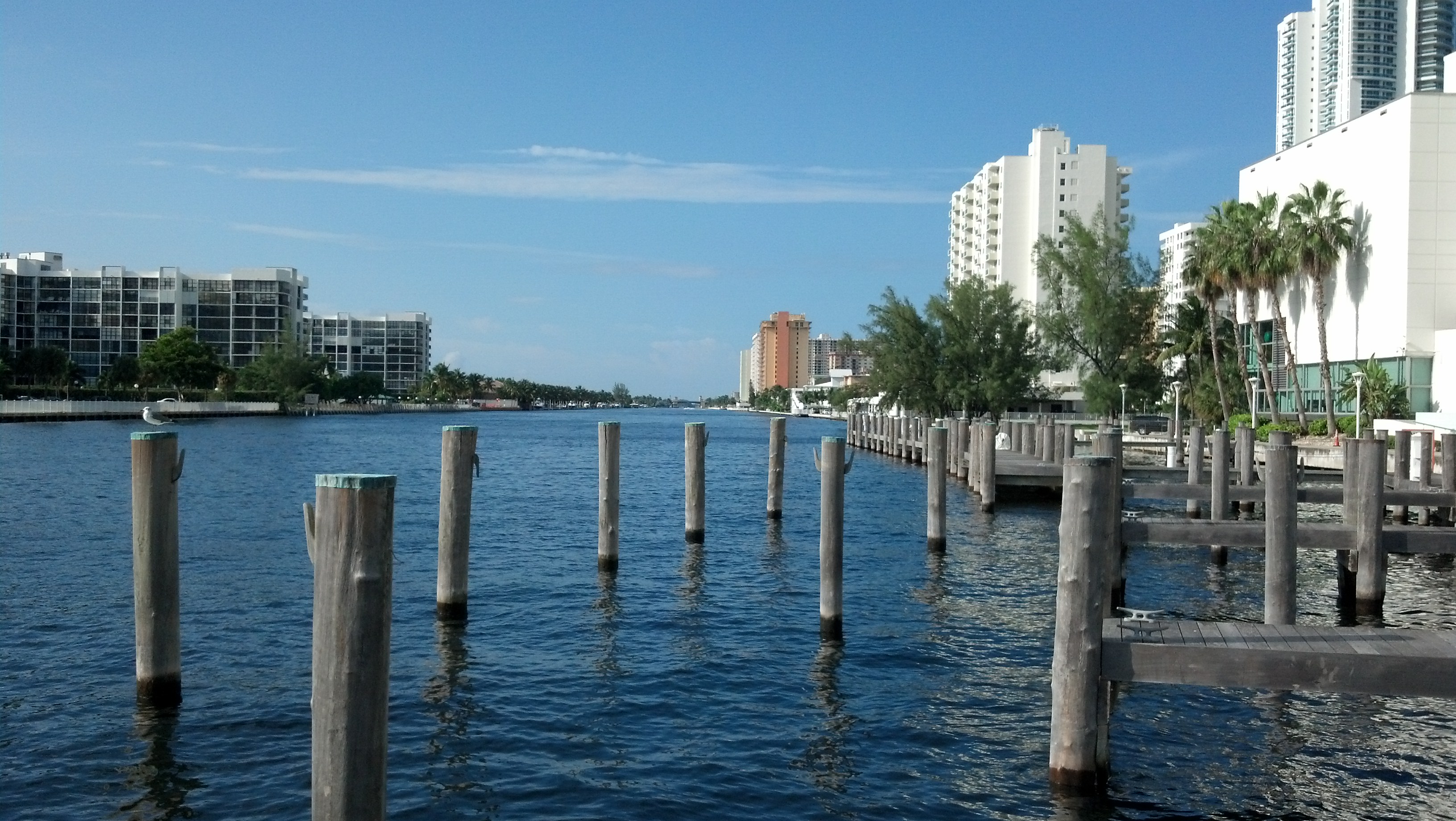
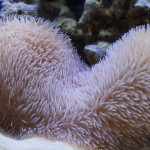
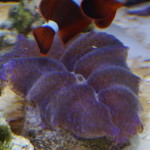
 You Tube
You Tube